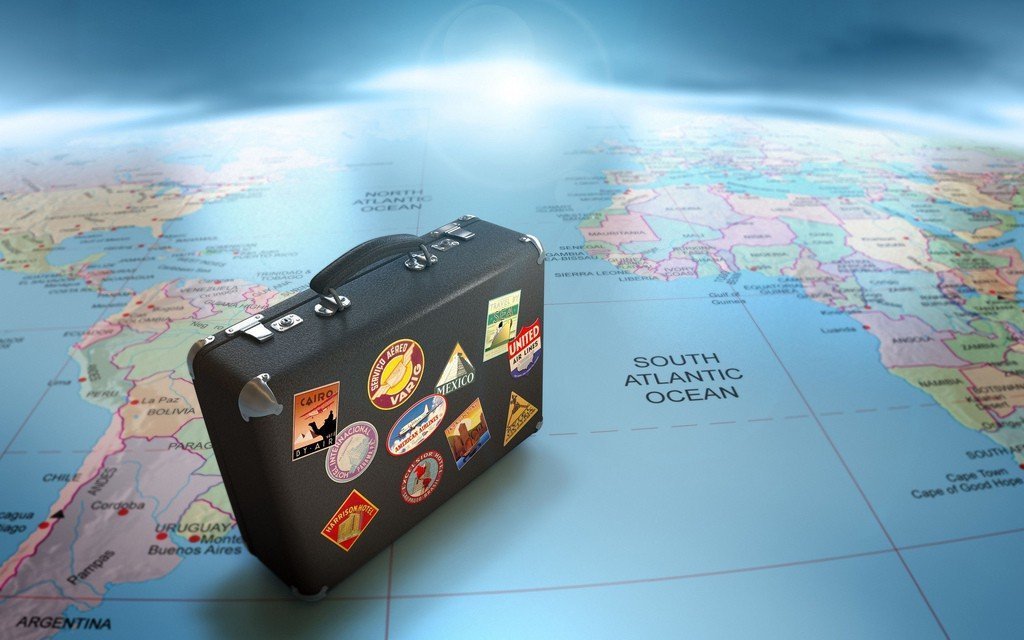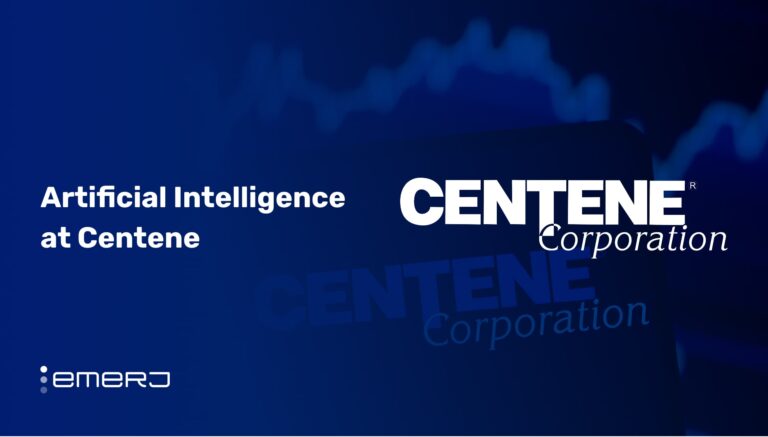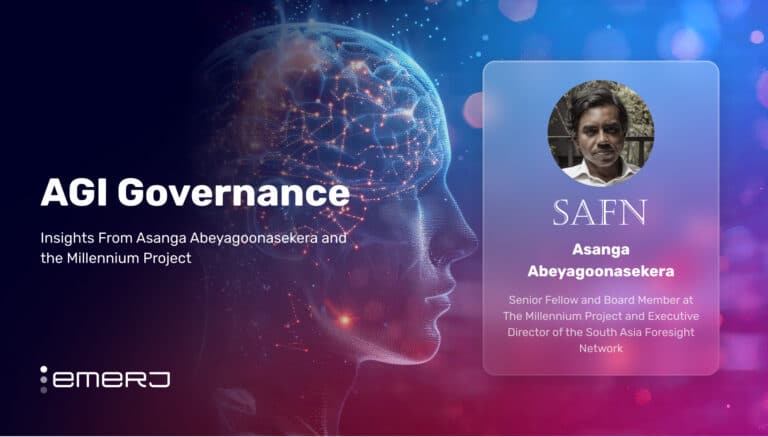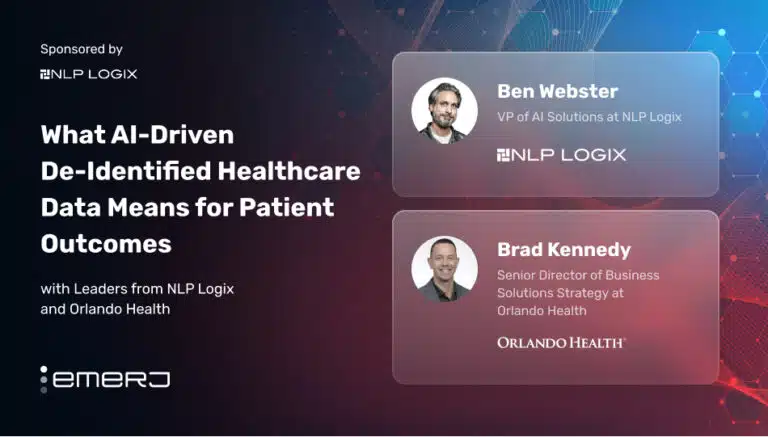Deloitte estimated the size of the global travel and tourism industry at around $1.6 trillion in 2017. When adding in the indirect and induced economic contributions of related activities, the travel and tourism industry accounts for 10.4% of the world’s gross domestic product (GDP).
Another study by Nielsen on Millennials showed that this population segment is much more likely to travel than other generations and might account for about 50% of the retail travel population.
Given their desire to personalize their travel experience, it follows that AI would find its way into the travel and tourism world. On the top of that list are chatbots, which about 40% of Millennials use on a daily basis.
What Business Leaders In the Travel and Tourism Industry Should Know
Much of the impact of artificial intelligence on the travel and tourism industry focuses on customer service and engagement. Naturally enough, many of the available applications explored the use of chatbots, which we have discussed in a previous article.
However, chatbots are the front-end of the administrative and customer service processes. Many of the benefits of AI and machine learning happen behind the scenes, which is why we focused more on B2B companies leveraging AI-based software or platforms that would help travel and tourism businesses with their conversions and engagement on the backend.
The search was not without difficulty. It is apparent that outside chatbots, the field of AI and machine learning in the travel and tourism industry is still in its infancy. Compared to sectors such as banking, healthcare, and eCommerce, it’s clear that the travel and tourism industry does not have a very robust vendor landscape for AI-related solutions. This is likely because it is a relatively small sector, and most of the venture capital money and the focus of the startups are instead on larger sectors rather than on travel by itself.
Instead of new innovations, companies claiming to offer AI for travel and tourism seem to be building on existing ideas to draw in small and medium-sized businesses and pool their data to feed the machine learning model. Two of the companies, Utrip and Avvio, are similar to companies that allow people to book flights and hotels online, such as Travelocity or Expedia, where SMEs can sign on as a partner or member and integrate the software into their websites. The systems help customers find what they need, and so they primarily serve as recommendation engines. Bold360 offers a chatbot, and AltexSoft offers consultancy services.
It should also be noted that there was some difficulty in identifying the key people with the requisite academic background or marquis experience in AI development in all the companies with the possible exception of Utrip. Two company websites listed the executives, but all failed to identify the people directly responsible for developing the AI or machine learning models currently in play.
Business executives in the travel and tourism industry hoping to find quick AI-based solutions for issues outside of customer service might have to wait a little longer for AI companies to get off the chatbot bandwagon. To get a comprehensive system for the travel and tourism industry, they may need to build it from the ground up with the help of data scientists.
Of the companies covered in this report, Utrip seems to have the highest likelihood of actually offering machine learning software. That said, their Head of Algorithms & Data Science seems to be the only one at the company who may have any AI experience even though the company promotes their use of AI rather overtly on their website. This isn’t to say that the company is inherently lying about doing AI; their Head of Algorithms very well might be enough to support the company’s AI efforts. However, we thought readers should know about the density of data scientists at the company.
Although we could not find evidence of data science expertise at Bold360, the company was acquired by LogMeIn for $50 million. LogMeIn surely vetted the company before purchasing it, and so there is at least somewhat of a high likelihood that its chatbot is legitimately based on natural language processing.
LogMeIn’s Head of AI is the former co-founder of nanoRep, which became Bold360. He doesn’t seem to list any data science or machine learning experience prior to becoming the Head of AI at the company, however, and he does not list any academic experience on his LinkedIn profile. The academic experience of a company’s executives is one of our rules of thumb for determining if a company is legitimately doing AI, and so we had trouble reconciling his lack of academic experience with the fact that he was hired by LogMeIn for its top AI position. Still, we felt business leaders should know about this apparent discrepancy.
AltexSoft is a machine learning consultancy that focuses in part on the travel and tourism industry. According to LinkedIn, they employe only two people with data science in their titles, and one of them is currently still in grad school for computer software engineering. The other indeed seems to have some machine learning business experience, having worked at the consultancy as a software engineer for nearly five years before becoming a machine learning engineer and Data Science Competence Leader. He also co-organized the ongoing Kharkiv Artificial Intelligence club in 2012, which signals interest in AI before everyone started jumping on the AI bandwagon.
The company is also less overt about their use of AI. It doesn’t appear on their homepage, instead appearing only on pages specifically discussing the kinds of AI software they can help companies build. This indicates to us a higher likelihood that their service is legitimate because the company apparently does not have to plaster their website with “AI” and words like “disruptive,” “revolutionary,” “completely automate,” and other pure marketing language; they might instead just let their results speak for themselves, and they do have case studies.
In contrast, Avvio doesn’t seem to list any data scientists or AI experts on LinkedIn, let alone have any in their C-suite. Despite this, they advertise their “AI Booking Engine” prominently on their website. In addition, the company is over 16 years old, which indicates that they went through an “AI rebrand.” In other words, they likely decided to refocus their brand on AI for marketing purposes, to capitalize on the recent AI hype.
It is extremely difficult to pivot to AI due to the data science talent required for building functional machine learning software. Data scientists generally don’t want to work at older companies, especially not those with low annual growth rates. This is because people at older companies usually lack the ability to communicate with data scientists. As a result, data scientists at these companies often end up with nothing to work on; they’re employed to allow the brand to say they’re doing AI. It’s likely the case that these data scientists will just leave the company and go work for Google, Amazon, or Facebook. We discuss this in further detail in our recent article The AI Advantage of the Tech Giants – Amazon, Facebook, and Google.
With that in mind, it’s unlikely that Avvio could actually employ data scientists with the education or business experience necessary to build machine learning models; we believe there might be a low likelihood that the company’s product is actually machine learning. All that said, the company does employ a Technical Director with a Master’s in Software Engineering, and Peter Stone, a computer science professor at the University of Texas at Austin who earned his PhD in Computer Science from Carnegie Mellon, said this of Avvio’s software: “Allora leverages some of the most innovative recent advancements in mainstream AI. This exciting new development has the potential to completely transform the hotel booking market.”
This report covers companies offering recommendation engine software, chatbots, and machine learning consultancy services for a variety of business problems in the travel and tourism industry.
Recommendation Engines
Utrip
Utrip is a Seattle-based company with 30 employees. Utrip offers UtripPRO, which it claims can help partner entities and companies in the travel and tourism industry provide personalized travel recommendations by using machine learning algorithms. These partners include airline companies, Destination Marketing Organizations (DMO), convention and visitor bureaus (CVB), cruise lines, and hotels.
Utrip integrates the platform to a partner’s site to capture data about customers’ interests, preferences, location, budget, and other factors. Then, UtripPRO uses this data to filter millions of travel options, places to eat, historical sites, and events in order to come up with recommendations for the customers. Customers can choose from these recommendations and add it to a Wishlist. When a customer hits “Create Itinerary,” the platform will then provide a personalized itinerary within a very short time and at any stage of a customer’s travel life cycle. This is to improve customer engagement and revenue.
Below is a short 4-minute video demonstrating how UtripPRO works:
Utrip claims to have helped over 50 DMOs and other partner organizations. Among these is Travel Portland, which needed better data to improve visitor experience. According to Travel Portland, this resulted in an 80% enrichment of their content database, improving the digital experience of their visitors by leveraging automation to make it easier to update and curate content.
Utrip also lists JetBlue, Windstar Cruises, Hilton, and Starwood Preferred Guests as some of their partners.
Andrew Hutchings is the Head of Algorithms & Data Science at Utrip. He holds an MS in Operation Research from Cornell University. Previously, Hutchings served as a Mathematician, then Operations Researcher at the Department of Defense before taking on the role of Search Quality Rater at Workforcelogic.
Avvio
Avvio is a Limerick-based company with 64 employees. The company offers a product called Allora, which the company claims is the first booking engine that can help member hotels increase direct revenue by 25% using a machine learning model.
Avvio claims hotels can use Allora to acquire large volumes of booking data from other hotels to identify patterns that lead to higher conversions. Then, Allora uses AI to learn continuously from current and past data of user behavior and preferences to optimize outcomes and help hotel owners and managers to make better decisions. Allora then provides customers with a filtered list of recommendations by theme, occupancy, length of stay, and price to match customer’s requests and preferences.
Below is a short 1-minute video giving an overview of Allora:
Avvio claims to have helped Auchrannie Resort, a 4-star luxury resort in the Isle of Arran, Scotland, to increase direct online bookings. Upon The resort’s Business Development Manager, Gordon Hay, decided to switch to Avvio in 2017.
According to Hay, the resort has grown its online presence dramatically since the switch, resulting in a 70% increase in direct online bookings in the first year.
Avvio also lists Marriott Hotels, Georgian House, Hastings Hotel Group, Cheval Residences, Londonderry Arms, Ice House Hotel, and the Chester Hotel as some of their current clients.
Martin Grogan is the Technical Director at Avvio. He holds a Master’s in Computer Science, Software Engineering from the Carlow Institute of Technology.
Chatbots
LogMeIn
LogMeIn is a Boston-based software company with over 3,800 employees. The company offers an AI-integrated chatbot and live-agent software called Bold360, which the company claims can help travel and tourism businesses improve customer engagement cost-effectively using natural language processing.
LogMeIn claims clients can personalize their chatbot experience with Bold360 and integrate it into their websites. The software uses patented NLP to answer user questions in a conversational and helpful manner. Bold360 also includes a search bar that can help users find what they are looking for quicker and easier. When the AI encounters questions it cannot answer, it moves the conversation to a live agent.
A short 1-minute video demonstrating how Bold360 works appears on the company’s website.
LogMeIn claims to have helped Thomas Cook in personalizing travel solutions cost-effectively, According to Thomas Cook, Bold360 successfully provided high-service engagement to clients on 13 websites in 5 countries, reducing contact center volume by 20%, agent interaction time by 10%, and increase in customer satisfaction and engagement.
LogMeIn also lists Intuit, Yatra, Forrester, Vodafone, The NorthFace, and Vanson Bourne as some of their past clients.
Amit Ben is Head of AI, CES Business at LogMeIn. Previously, Ben served as the CTO and Co-Founder of nanoRep, now Bold360. Ben also served as Senior Server SW Engineer at Flash Networks.
Consultancy Services
AltexSoft
AltexSoft is a Ukraine-based B2B technology consultancy company with 182 employees across four offices, three of which are in the Ukraine, with one in San Diego. The company offers travel and hospitality technology engineering and development services, which they claim can help travel companies, airlines, hospitality providers, transportation managers, and airlines increase efficiency using custom natural language processing, automation, and machine learning models.
AltexSoft claims travel and hospitality companies works closely with their data science and machine learning teams to create custom software and systems. The company claims it can help travel and tourism industry clients with booking and reservation, travel management, airline management, and customer management systems.
AltexSoft claims it provides each client with AI-based custom systems, ranging from data sourcing to customer service. One such company is online travel agency Best Travel Store Inc., which specializes in finding the best flights for its clients at a significant discount. However, the client’s existing system was increasingly unable to cope with the increased complexity of the market, and it required a complete overhaul.
AltexSoft developed Fareboom.com, which it claims enabled Best Travel to improve search results by 30%, increase conversion rates by 150%, and still save 30% in development costs.
Below is a short 4-minute video testimonial from Marko Cadez, CEO of Fareboom:
AltexSoft also lists Myers Media Group, Cornerstone Information Systems, and ASL Aviation as some of their past clients.
LinkedIn lists Alexander Konduforov is Data Science Competence Leader at AltexSoft. He holds an MS in Computer Science from the Kharkiv National University of Radioelectronics and he co-organized the ongoing Kharkiv Artificial Intelligence Club in 2012.
Header Image Credit: Medium




















